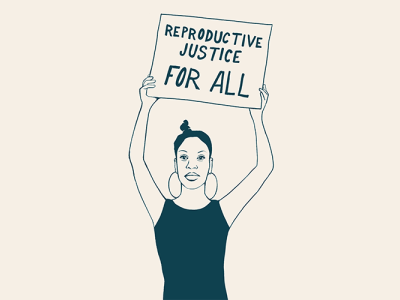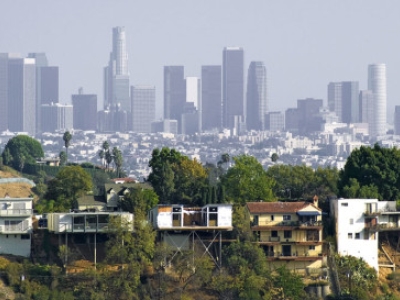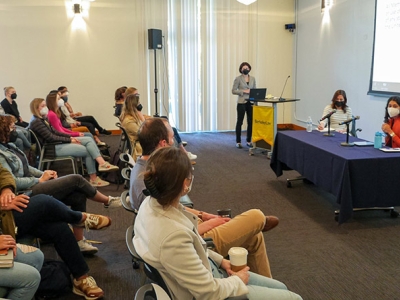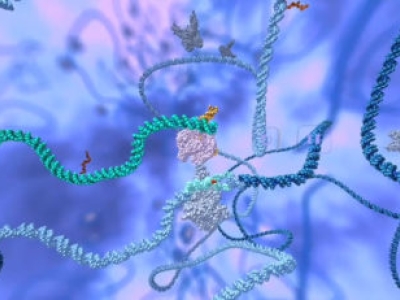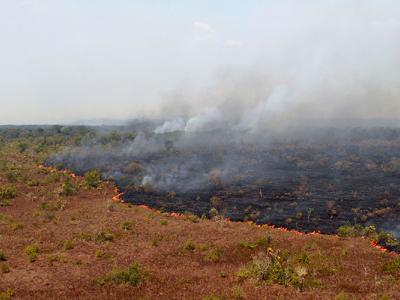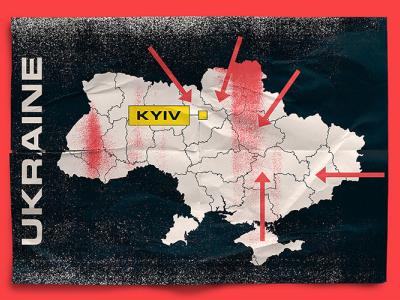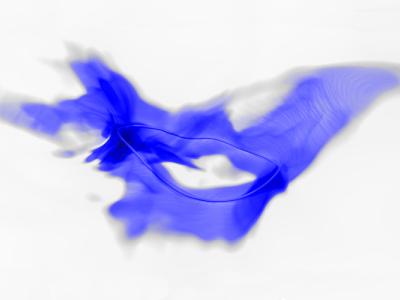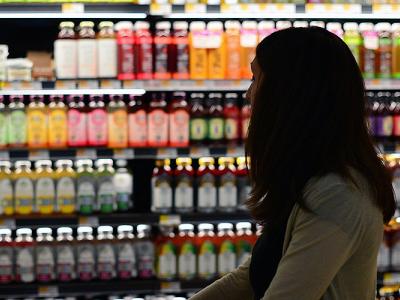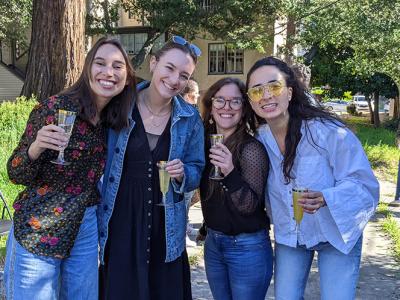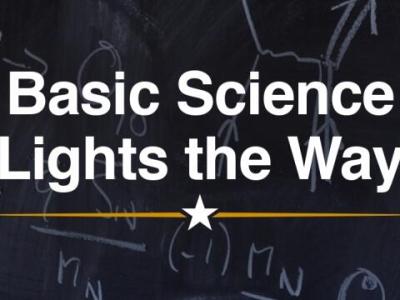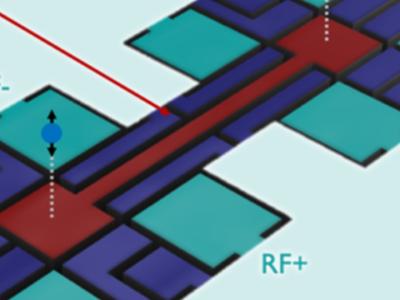In this Berkeley Voices episode, Berkeley Law professor Khiara M. Bridges discusses the history of reproductive rights in the U.S., what’s at stake when Roe v. Wade is overturned and why we should expand our fight for reproductive justice.
Research News
Learn more about UC Berkeley's researchers and innovators.
Showing 849 - 864 of 3507 Results
Single-family housing dominates residential zoning in six-county LA region, producing unequal health, educational and income outcomes, and creating opportunity barriers for low-income, Black and Latino residents.
When two neutron stars spiral into one another and merge to form a black hole — an event recorded in 2017 by gravitational wave detectors and telescopes worldwide — does it immediately become a black hole? Or does it take a while to spin down before gravitationally collapsing past the event horizon into a black hole?
Ongoing observations of that 2017 merger by the Chandra X-ray Observatory, an orbiting telescope, suggests the latter: that the merged object stuck around, likely for a mere second, before undergoing ultimate collapse.
As the fighting in Ukraine continued Feb. 28, some of Berkeley Law’s international law experts gathered to discuss the legal and strategic implications of what’s happened — and what might come next. The hybrid roundtable drew a crowd in person and online and was moderated by Berkeley Law Professor Katerina Linos and co-sponsored by the office of Dean Erwin Chemerinsky and the school’s Miller Institute for Global Challenges and the Law, where Linos is the co-faculty director.
Leveraging support from the Laboratory Directed Research and Development (LDRD) program at Lawrence Berkeley National Laboratory (Berkeley Lab), a team of researchers in the Computing Sciences Area has developed a new software tool for conducting hyperparameter optimization (HPO) of deep neural networks while taking into account the prediction uncertainty that arises from using stochastic optimizers for training the models.
In episode 135 of Berkeley Talks, UC Berkeley political scientist George Breslauer and economics professor Yuriy Gorodnichenko discuss Russian President Vladimir Putin’s invasion of Ukraine — what his motivations are and how they compare to Adolf Hitler’s and Joseph Stalin’s, if the invasion was avoidable and what should be done about it.
Today (Feb. 28) the Patent and Trial Appeal Board (PTAB) of the U.S .Patent and Trademark Office (USPTO) issued its decision in the interference proceeding relating to the use of the foundational CRISPR-Cas9 genome editing system in eukaryotic cells, that is, plants and animals.
Today, the United Nations Intergovernmental Panel on Climate Change (IPCC) released a major report detailing our current scientific understanding of the social and ecological impacts of climate change.
In the hours immediately following Russia’s invasion of Ukraine, Berkeley News asked Ukrainian faculty and students at UC Berkeley for their reactions. Their thoughts ranged across issues of family, geopolitics and justice, but each of them, in their own ways, expressed shock and defiance — and hope that the global community would rally to protect democracy and freedom.
As Russian missiles exploded throughout Ukraine and Russian troops advanced toward the capital city of Kyiv this week, Polina Lishko was in her UC Berkeley office thinking about her family, and about the history of their Ukrainian homeland.
Physicists searching — unsuccessfully — for today’s most favored candidate for dark matter, the axion, have been looking in the wrong place, according to a new supercomputer simulation of how axions were produced shortly after the Big Bang 13.8 billion years ago.
One in 10 California community college and University of California students receives food aid through the state’s CalFresh program, with the numbers markedly higher in expensive regions such as San Francisco and in lower income areas, says a new UC Berkeley report.
We must do what we can to contain Vladimir Putin’s aggression in Ukraine. But we also need to be clear-eyed about it, and face the costs. As I’ve said before, economics can’t be separated from politics, and neither can be separated from history. Here are eight sobering realities.
Berkeley Law’s Human Rights Center(opens in a new tab) has exposed war crimes, atrocities, and other international law violations around the globe for nearly 30 years. A new project that’s just been released instead scrutinizes a domestic issue: the legal, scientific, and medical campaign to curtail reproductive rights, as part of a collaboration with the Investigative Reporting Program at the UC Berkeley Graduate School of Journalism.
Quantum materials, such as superconductors, graphene and topological insulators, are materials with "exotic properties" and great promise. A panel of experimentalists describes how these materials will enable many important technologies of the future, from energy to quantum computing.
Scientists at the University of California, Berkeley have persuaded two trapped ions to interact over a distance of 620 µm – much larger than would be possible via their intrinsic interaction – by connecting them with a room-temperature wire. This proof-of-principle experiment provides a pathway to more precise measurements of fundamental physics based on long-distance interactions between trapped particles.

